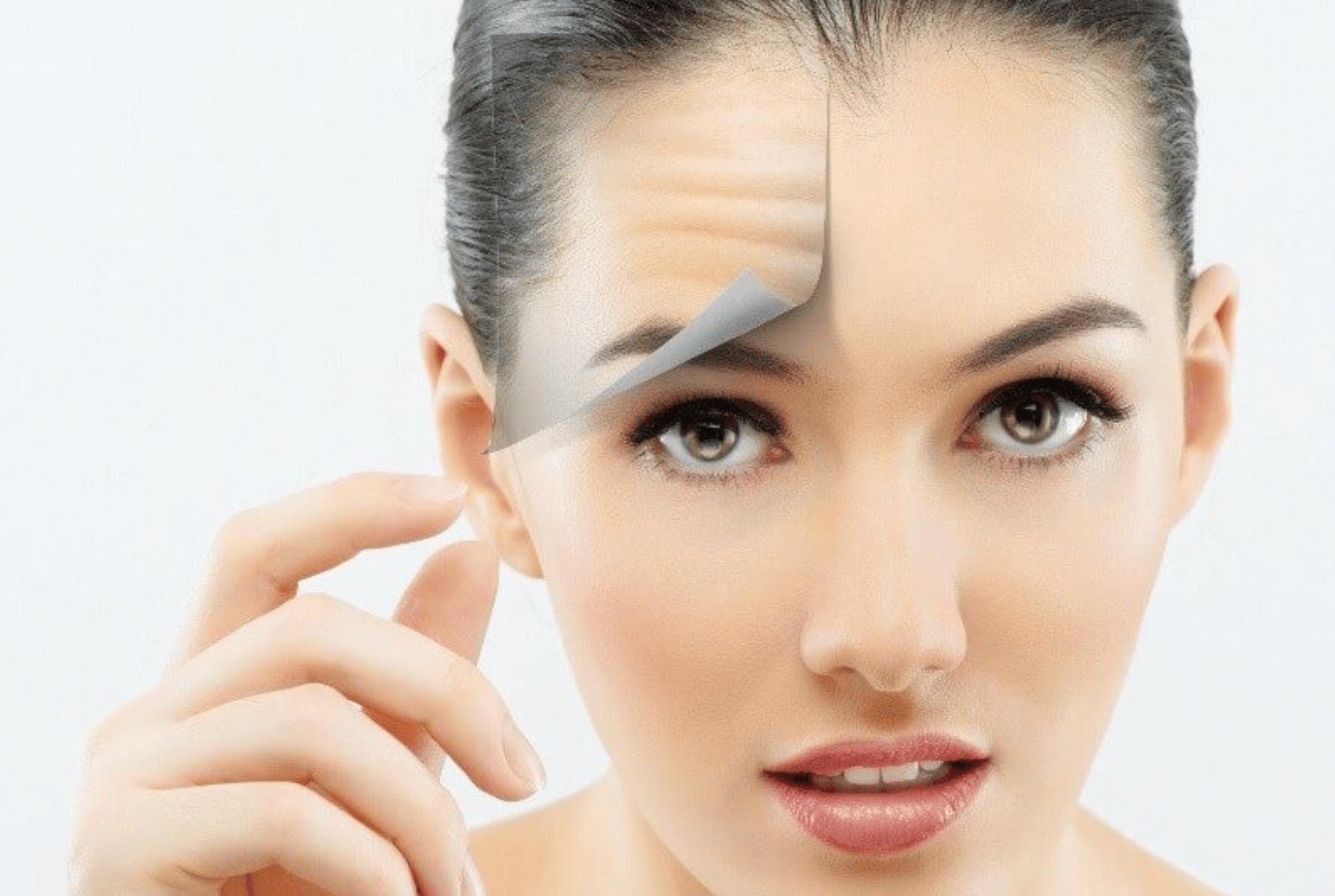Despite their tiny size, peptides have a profound impact on human biology. Peptides: what are they, and are they as beneficial as they claim to be? All cells and tissues in our bodies include peptides that play an essential role in regulating and changing our biological processes, making them one of the most potent chemicals in our organisms.
In the medicinal, cosmetic, and even agricultural sectors, peptides are an essential tool for scientists to design successful and creative solutions. The capacity of peptides to permeate the skin’s many layers when applied topically has made them famous in the cosmetic, beauty, and skin care sectors. Because of their tiny size, peptides can reach deeper layers of the skin than most other components used in topical skin care treatments. As a result, peptides have several essential advantages. Here are the top three:
- Dermatological peptides may improve skin barrier function (epidermal function).
- When applied topically, peptides have been shown to improve skin suppleness and firmness.
- Inflammation may be combated using peptides.
Contents
How do they manage to do it so effortlessly?
They don’t do it themselves; peptides delegate it.
The functions of peptides vary depending on their length and sequence. A few are hormones, passing information from one tissue to another through the bloodstream. Several proteins serve as couriers, transporting vital chemicals from one location to another. Other peptides, called signaling peptides, act as a catalyst for manufacturing proteins and their bigger biological counterparts.
It is typical for skincare peptides to be signaling, stimulating the production of structural proteins in the skin, such as collagen. As we age, our body’s ability to produce collagen decreases.
The skin’s structural component, collagen, is essential. Follicle regeneration and skin stiffness are enhanced by the formation of fibrous networks by this substance. The skin’s barrier, which acts as a bouncer to keep harmful molecules, pathogens, and other external aggressors out, is also strengthened by collagen. Keeping the skin moisturized is another benefit of this treatment.
As we become older, our body’s ability to produce collagen decreases. Collagen production decreases by roughly 1% to 1.5% a year as people age, according to research published in 2021 titled “Skin collagen during the life stages: important for skin health and attractiveness.”
Fight inflammation by using peptides!
Free radicals, and unstable molecules increase in our bodies at an alarming rate as we age. Inflammation, one of the leading causes of skin aging, is caused by reactive chemicals that damage DNA, RNA, and proteins. The reactive free radicals that antioxidants target are neutralized before they can do any damage.
Topical peptides for sale and proteins have antioxidant properties. However, peptides are more effective because they are more quickly absorbed into tissues.
Peptides might be used to combat the long-term effects of chronic inflammation.
Because of their ability to penetrate the skin and fight inflammation at the molecular level, peptides are being studied in clinical trials to treat skin conditions like eczema.
Antimicrobial Peptides (AMPs) may be used topically in patients with Atopic Dermatitis (AD), a prevalent chronic inflammatory skin condition, to reduce inflammation. Antimicrobial agents such as AMPs are effective in restoring the TJ barrier, decreasing itching sensations, and suppressing Th2 inflammation; consequently, they may offer a novel alternative for barrier repair therapy in treating AD,” the researchers write.
Candidates who are worthy of consideration
While peptides have a lot of potential, it’s important to remember that the term “peptide” has become a marketing gimmick. As a result, you should always do research before using a peptide-based product to verify that its effects on the skin and its ability to penetrate the skin have been scientifically verified and confirmed. It would be best if you kept in mind that a peptide’s effects are only helpful when they can penetrate the skin’s dermis.

